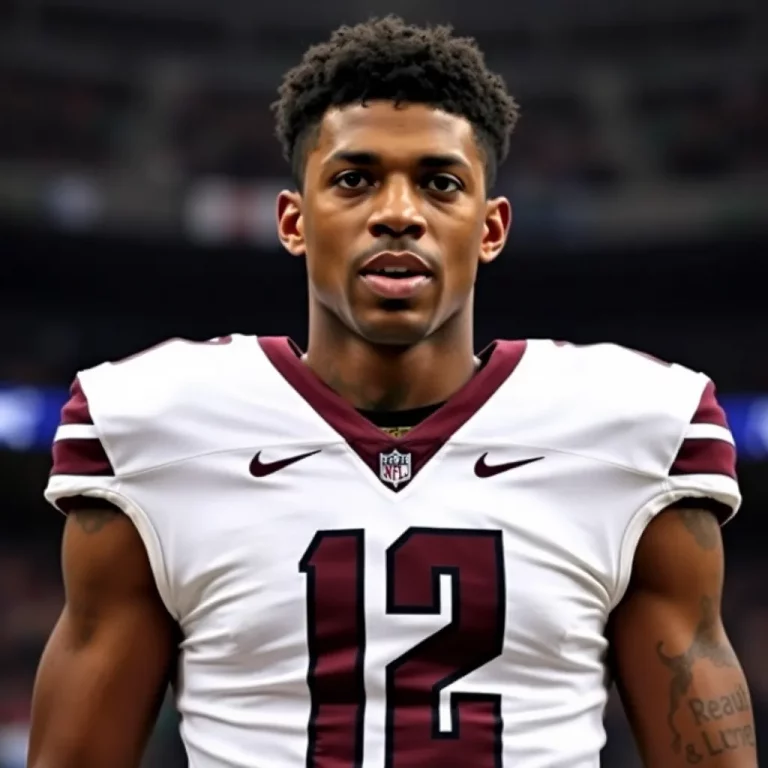Columbus, Ohio — In a recent development, a federal judge has dismissed a lawsuit filed by former Ohio State quarterback Terrelle Pryor against the NCAA, the Big Ten Conference, Ohio State University, and Learfield Communications. The lawsuit claimed that these entities generated profits from Pryor’s name, image, and likeness (NIL) without providing him any compensation.
Chief U.S. District Judge Sarah D. Morrison ruled against Pryor on Friday, agreeing to motions for dismissal submitted by all parties involved in the case. Judge Morrison indicated that Ohio State is protected by sovereign immunity, meaning it cannot be sued for certain actions. Additionally, she pointed out that Pryor’s claims were filed beyond the allowable four-year period defined by law.
Pryor, who played for the Buckeyes from 2008 to 2010, sought a proposed class action lawsuit, alleging violations of antitrust laws and claims of unjust enrichment. He argued that during his college football career, he had to give up his rights regarding NIL, and that the NCAA, along with its partners, continues to profit from his past on-field performances through various advertisements and broadcasts without compensating him.
Despite acknowledging that Pryor had a legal basis to pursue antitrust claims, Judge Morrison concluded that his arguments did not meet the necessary legal standards regarding timeliness or substance. This ruling follows a similar case in the Southern District of New York that was also dismissed earlier this year, which contained allegations similar to those of Pryor.
In response to the ruling, an NCAA spokesperson stated they were satisfied with the court’s decision, emphasizing that both cases were examined thoroughly and the claims were found to be untimely. They expressed hope that future similar cases would meet the same fate.
At this time, Pryor has not indicated if he plans to appeal the court’s decision. Since the NCAA introduced new NIL regulations in 2021, numerous college athletes—including those at Ohio State—have benefited financially through various NIL agreements. However, Pryor’s collegiate career ended in 2010, making him ineligible for the significant compensation set to distribute $2.8 billion to past and present college athletes denied NIL earnings since 2016.


